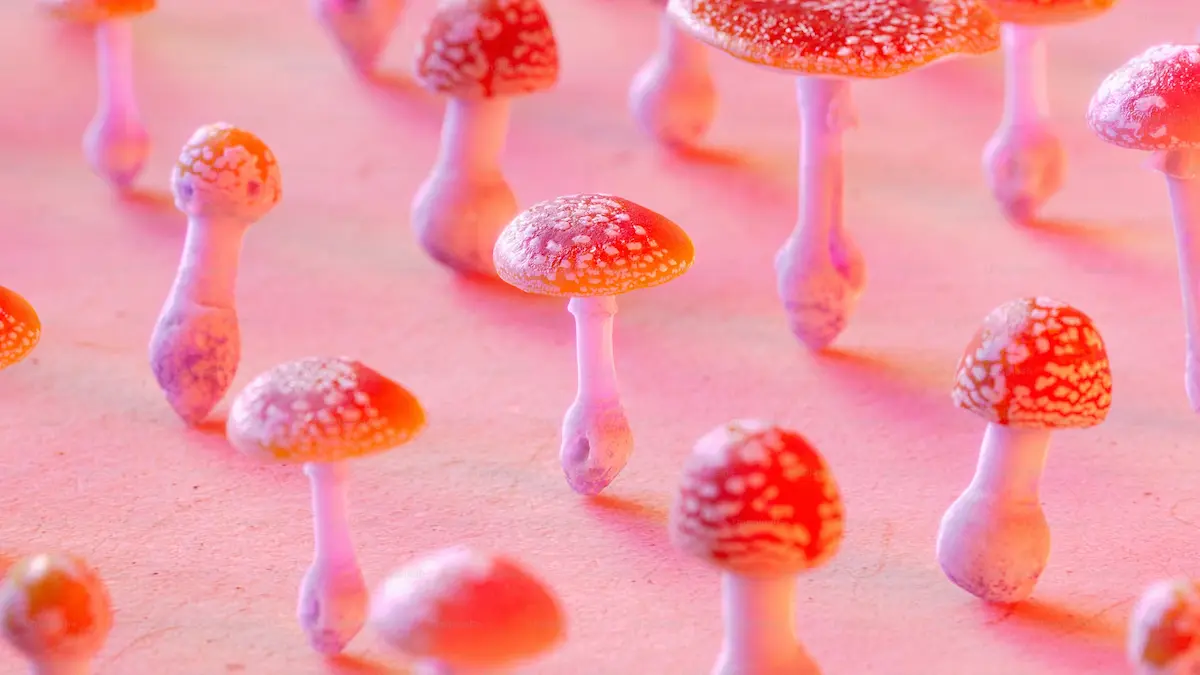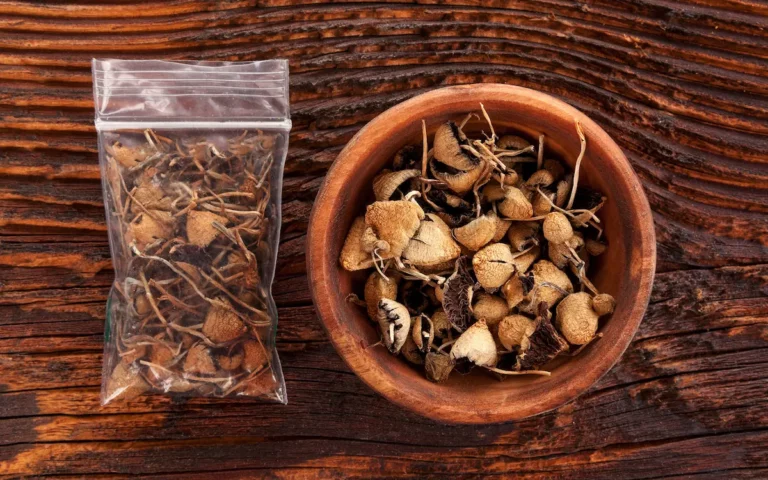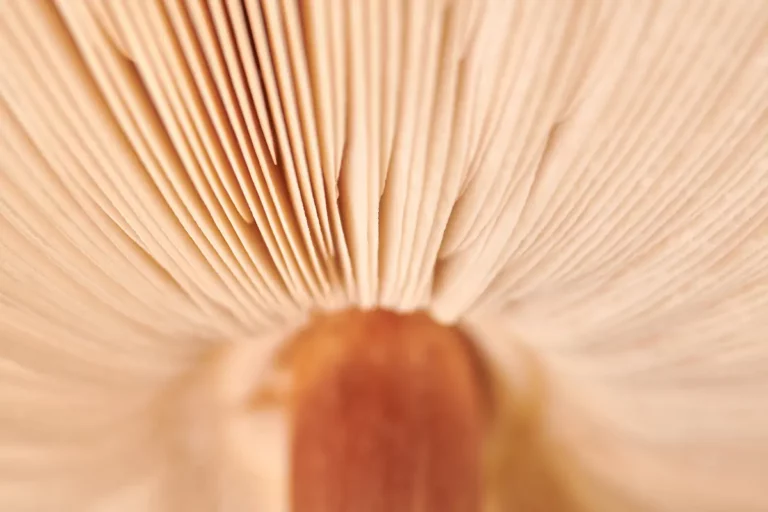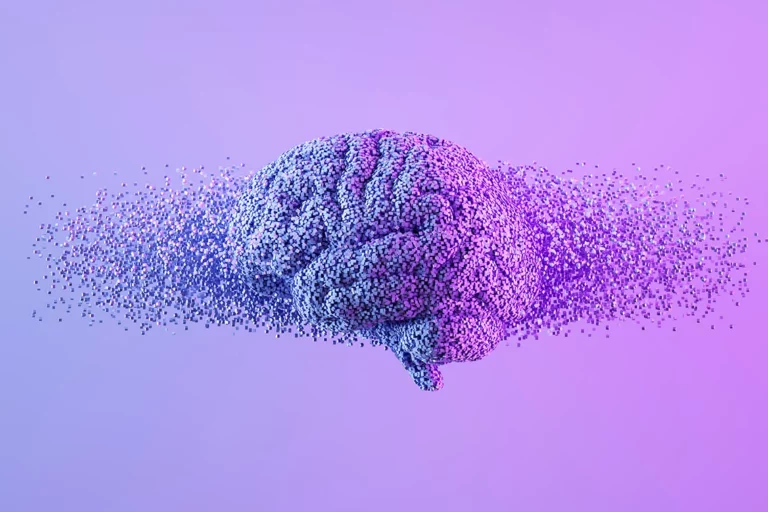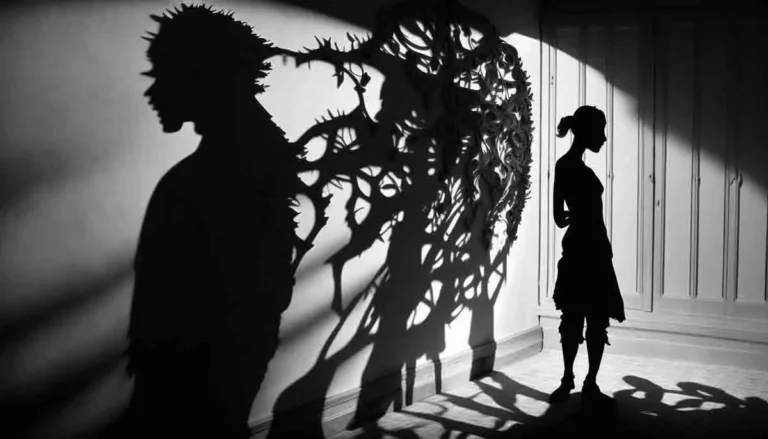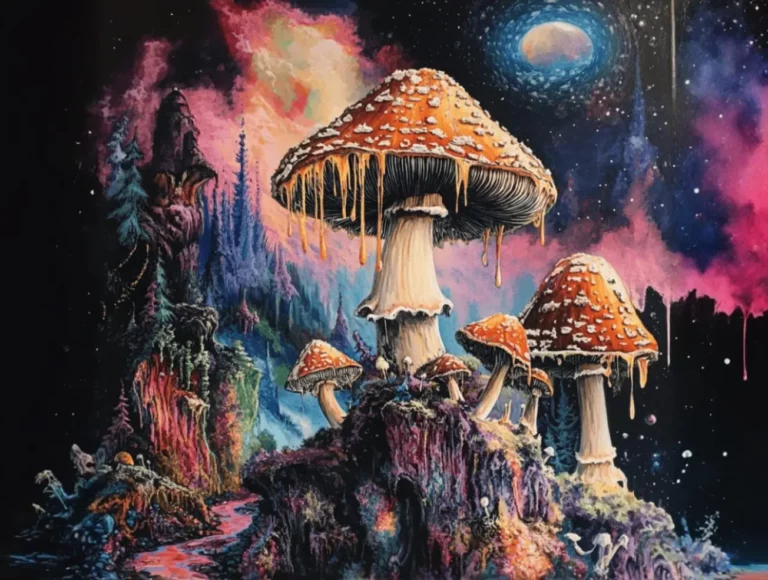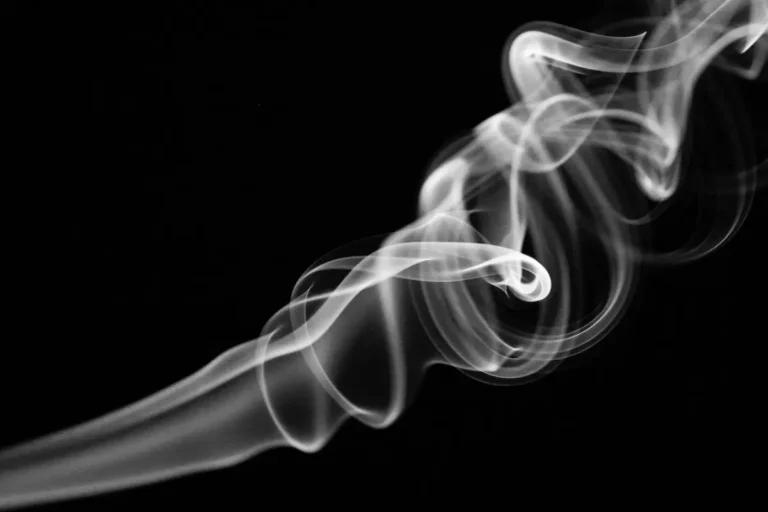Do Magic Mushrooms Show Up on a Drug Test?
In our magic mushroom blog post series we have been answering highly searched questions about mushrooms. Many people are curious if magic mushrooms show up on a drug test. In this post, we’ll explore whether magic mushrooms are detectable in standard drug tests, how drug testing works, and what to expect if you’re concerned about psilocybin showing up in a drug screening.
What are Magic Mushrooms?
If you are looking for general information about psilocybin you can read through our blog posts:
- Promises and Pitfalls of Microdosing Psilocybin
- How Psilocybin Influences the Brain
- Emerging Paths in Depression Treatment: The Psilocybin Perspective
- Magic Mushroom Retreat
- How Long Do Magic Mushrooms Last?
We are also organising safe & legal magic mushroom retreats in the Netherlands. Feel free to contact us for any questions.
How Drug Tests Work
To understand if shrooms are going to show up on a drug test, it’s essential to know how drug tests work. Drug tests are designed to detect specific substances in the body, generally through samples of urine, blood, saliva, or hair. These tests look for the presence of drug metabolites—chemical byproducts produced when the body processes a drug.
Common Types of Drug Tests
- Urine Drug Test: The most common type of drug test. It detects the presence of drug metabolites in urine.
- Blood Test: Measures the actual drug content in the bloodstream, providing a snapshot of recent drug use.
- Saliva Test: Detects drugs within a short time frame after use, typically within hours to a couple of days.
- Hair Follicle Drug Test: Can detect drug use over a more extended period, sometimes up to 90 days.
Do Magic Mushrooms Show Up on a Drug Test?
The short answer is: No, standard drug tests do not typically test for magic shrooms and there is no specific drug test for mushrooms. However, there’s more to consider, so let’s look at what drug tests are able to detect.
Standard Drug Panels
Most standard drug tests, such as the 5-panel or 10-panel tests used by employers, do not screen for psilocybin or psilocin, the active compounds in magic mushrooms. These tests commonly look for substances such as:
- Marijuana (THC)
- Cocaine
- Opiates (heroin, codeine, morphine)
- Amphetamines (methamphetamine, MDMA)
- Phencyclidine (PCP)
Expanded panels or specialized drug tests might include additional substances like barbiturates, benzodiazepines, and other narcotics, but psilocybin mushrooms are generally not included.
Special Circumstances
While standard drug tests do not screen for magic mushrooms, specialized tests can detect psilocybin and its metabolites. These tests are rare and typically used in specific situations, such as forensic investigations or research studies.
Detection Window
If a specialized test for psilocybin is administered, it’s important to understand the detection window. How long do mushrooms stay in your system? Psilocybin is quickly metabolized into psilocin, which is then excreted from the body. Here’s how long psilocybin and psilocin can be detected in various types of samples:
- Urine: Psilocybin and psilocin can be detected in urine for up to 24 hours after ingestion.
- Blood: These compounds can be detected in blood for only a few hours after use.
- Saliva: Psilocybin is rarely tested in saliva, but if it were, the detection window would be similar to that of blood.
- Hair: Hair follicle tests can potentially detect psilocybin use for up to 90 days, but this type of testing is extremely uncommon for magic mushrooms.
Why Magic Mushrooms Are Rarely Tested
There are several reasons why psilocybin is not commonly included in standard drug tests:
- Short Detection Window: Psilocybin and psilocin are rapidly metabolized and eliminated from the body, making them harder to detect.
- Lack of Routine Testing: Employers and authorities typically prioritize testing for more commonly abused substances. Current evidence shows that psilocybin is not easily abused. It doesn’t even produce effects if you take it a second time in the same two or three days.
- Cost: Specialized tests for psilocybin are more expensive and less practical for routine screening.
Is There a Drug Test for Magic Mushrooms?
While it is possible to test for psilocybin and psilocin, such tests are not standard and are rarely used outside specific contexts. If you are concerned about being tested for magic mushrooms, it’s important to understand the circumstances under which such a test might be administered.
Employment and Drug Testing
As previously stated: most employers use standard drug tests that do not include shrooms. However, some occupations with high security or safety requirements may use more comprehensive testing methods. If you’re in a field where you might be subject to such testing, it’s crucial to be aware of the policies and procedures of your employer.
Legal and Forensic Testing
In legal or forensic contexts, there may be more incentive to test for a wider range of substances, including psilocybin. For instance, if magic mushrooms are suspected in a legal investigation, law enforcement agencies might order a specialized test.
Research Studies
In scientific research, participants might be tested for mushrooms as part of a study. These tests are specific and designed to monitor the presence and effects of the substance in the body. In this case, the detection of psilocybin through a drug test would serve only scientific purposes, or to determine whether participants fit exclusion or inclusion criteria.
Tips for Avoiding Detection
We hope that you are not looking into this question because you are worried about the possibility of psilocybin showing up on a drug test, but if you are, here are some practical tips:
- Know the Policies:
Understand the drug testing policies of your employer or organization. Most routine tests do not screen for psilocybin. - Timing:
Since psilocybin is quickly metabolized, it is generally undetectable after 24 hours. If you know you will be tested, avoiding magic mushrooms for at least a few days beforehand can minimize the risk. Though some psychedelic substances such as LSD have been reported to increase productivity, it is not recommended to be using these substances in the case that you have to participate in any tasks such as work or driving.
If you are a microdoser you can avoid the close call by planning your doses on days you are sure you will not be tested or will not be for a full 24 hours. - Stay Informed:
Keep up to date with changes in drug testing technologies and policies. As interest in psychedelics grows, there may be future changes in testing protocols.
The Future of Drug Testing and Magic Mushrooms
As the legal landscape around psychedelics evolves, so might drug testing practices. Increased interest in the therapeutic potential of psilocybin could lead to more widespread testing in certain contexts. However, for now, psilocybin remains a low priority in standard drug testing panels.
Legalization and Decriminalization
Several cities and states have moved toward decriminalizing or even legalizing magic mushrooms for therapeutic use. This changing legal status could influence drug testing practices in the future. As psilocybin becomes more accepted for medical and therapeutic use, testing protocols might be adjusted to reflect its legal status.
Therapeutic Use and Medical Testing
If psilocybin becomes widely used in medical settings, there may be more routine testing for therapeutic monitoring purposes. This could include checking for appropriate dosing or ensuring that patients adhere to their prescribed treatment plans.
Conclusion
In conclusion, to the question “do magic mushrooms show up on a drug test?” The answer is generally no for standard drug tests used by employers and authorities. Psilocybin and psilocin are not typically included in the substances screened in routine drug tests due to their rapid metabolism and the low priority given to them in standard panels.
However, specialized tests can detect these compounds, though they are rarely used outside specific circumstances such as forensic investigations or scientific research. Understanding the context and limitations of drug testing can help alleviate concerns and ensure that you are informed about the implications of using magic mushrooms.
As the legal and cultural landscape surrounding psychedelics continues to evolve, it will be important to stay informed about any changes in drug testing practices. For now, those concerned about drug tests can take comfort in knowing that magic mushrooms are unlikely to be detected in standard screenings.
By being aware of the nuances of drug testing and the specific circumstances that might lead to the detection of psilocybin, you can make more informed decisions and better navigate the complexities of this topic.

